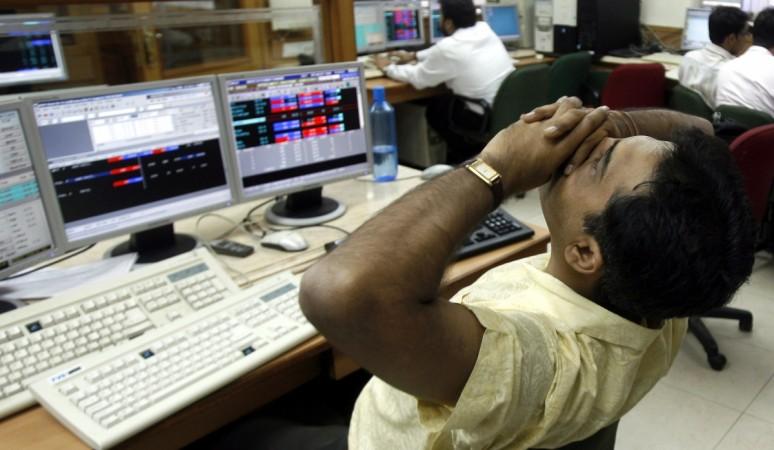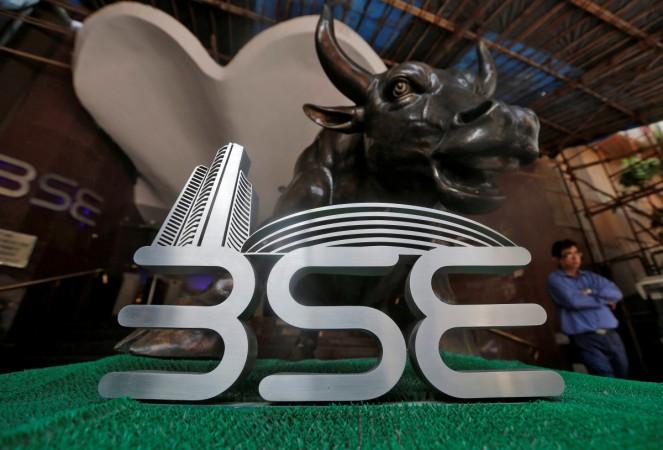The Coronavirus outbreak has sent shock waves across all economies globally. Almost every stock market has been witnessing huge volatility. Even the fiscal stimulus announced by the world's leading economies except India has failed to lift up the market sentiments. Notably, markets in India were already overheated, the Coronavirus outbreak acted as a trigger.
What followed was a series of volatile sessions with Sensex and Nifty hovering around 26,600 and 7800 at the moment from the highs of around 42,000 and 12,400 respectively. But the silver line is that it is still 15-18% above 2008 lows.

During the financial crisis of 2008, nifty's trailing PE hit a bottom of 11-12x, while, currently we are still at 20x. Moreover, the recent correction has heightened the attractiveness of equities versus bonds; Nifty's earnings yield is near the 10-year bond yield.
The darkest hour is just before the dawn
Historical data shows that the markets offer handsome returns post sharp corrections for instance after the DotCom Crisis at the start of the millennium and the 2008 global financial crisis, equities offered peak returns of 405% and 387%, respectively so patience definitely pays.
With the market continues to be on a roller coaster ride, it's critical to maintain a fair level of cash holding, a diversified portfolio and also churn holdings across sectors so as to stay away from underperformers. The key is to keep the Big Picture in mind with India aiming to be a $5 trillion economy and take calculative risks so as to ensure wealth creation in the long term.

The investors who prefer systematic investing plans (SIPs) need to be patient. Sticking to SIPs through stock SIPs or mutual fund SIPs in the next 12-18 months would be the biggest beneficiaries in the next 3-5 years.
On the other hand, investors preferring stocks over SIPs will have to act cautiously. Experts have argued that this is the best time to invest in the stock market at the scrips are available at a discounted rate given the huge correction, the market has witnessed. But in these uncertain times, an investor should have enough appetite to digest immediate losses. So caution and patience is the key.









